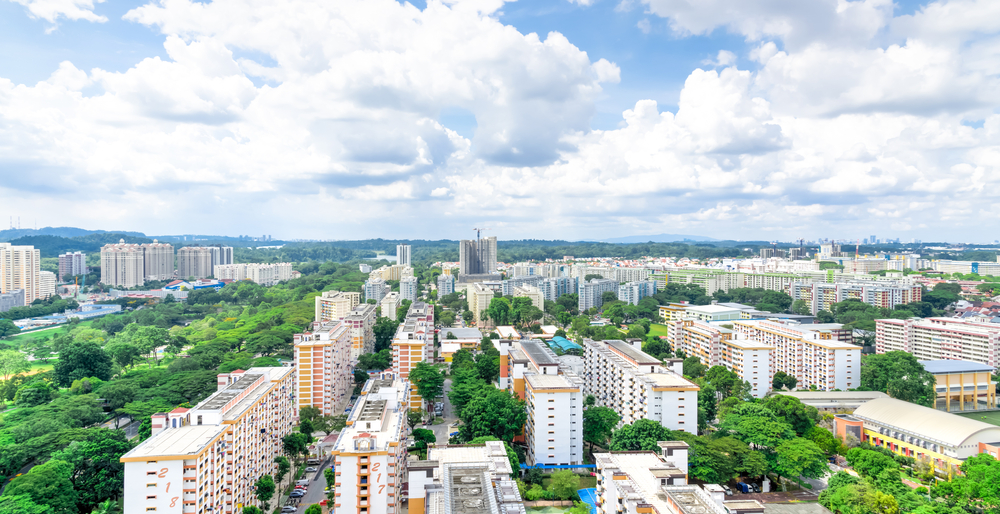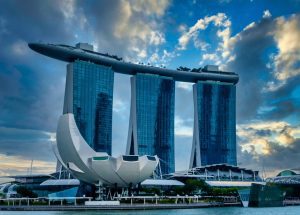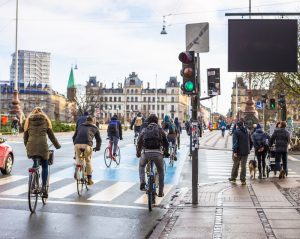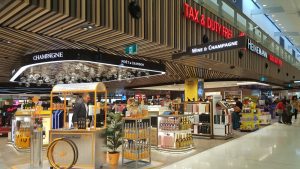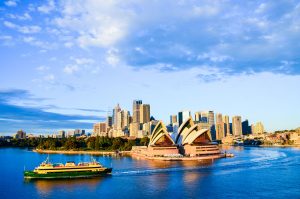It should come as no surprise that Singapore has some of the world’s most expensive properties in the world.
In fact, this island city-state in Southeast Asia is second only to Hong Kong when it comes to expensive housing prices.
Due to a number of reasons – such as Singaporeans becoming more skilled and educated, and more multinational companies and investors calling Singapore home – there has been a dramatic increase in property costs.
In the past, your typical Singaporean family would have been happy to buy one property and live there for the rest of their lives.
However, this is no longer the case.
Table of Contents
What kinds of options do potential homebuyers in Singapore have?
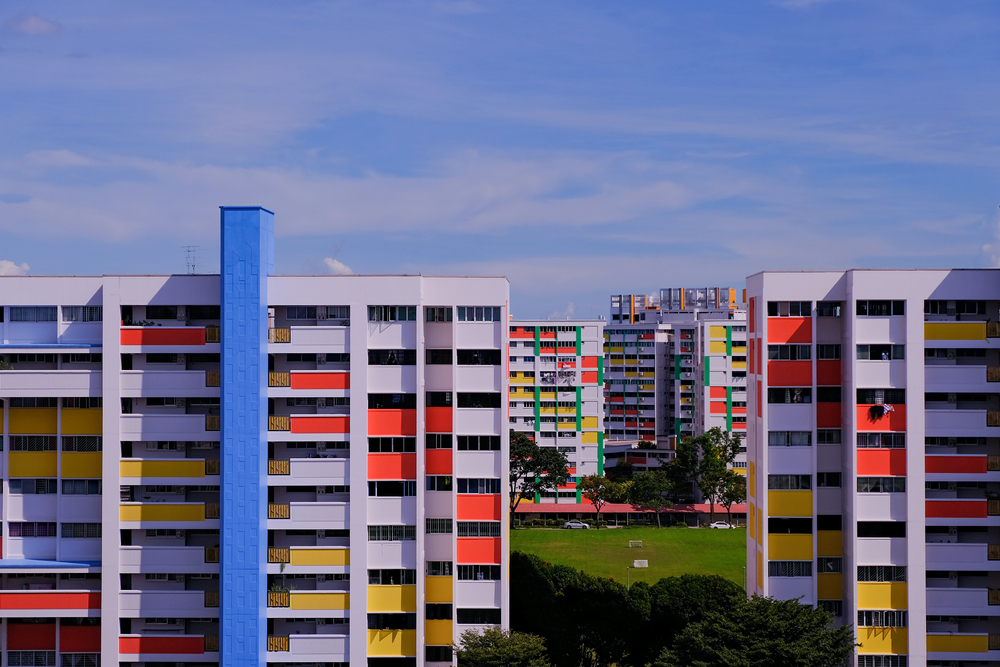
Singaporean homebuyers have two main options: HDB flats and condos.
HDB, which stands for Housing Development Board, is government-subsidized housing under temporary leasehold.
Condos, on the other hand, are developed and owned by private property companies.
On average, HDB flats are significantly less expensive than condos. Even pricier HDB flats are a lot more affordable than your typical condo.
Singaporeans on a tighter budget might opt for an HDB flat for the long term, or they might rent an HDB flat for a few years while raising money to purchase a private condo.
How did Singaporeans become more skilled and educated?
The biggest reason Singaporeans have been able to level up as trained professionals is their stellar education system.
Frequently ranked as one of the world’s best, the Singaporean education system has outranked even high-performing Asian nations like Taiwan and Japan.
Over the years, Singapore has fostered a culture that prioritizes educational success, and its high-quality education system has resulted in a highly educated and skilled workforce.
This education-oriented mentality has seeped into many aspects of Singaporean society and led to the economically successful city-state we know of today.
How have homebuyers’ behaviors changed in Singapore?
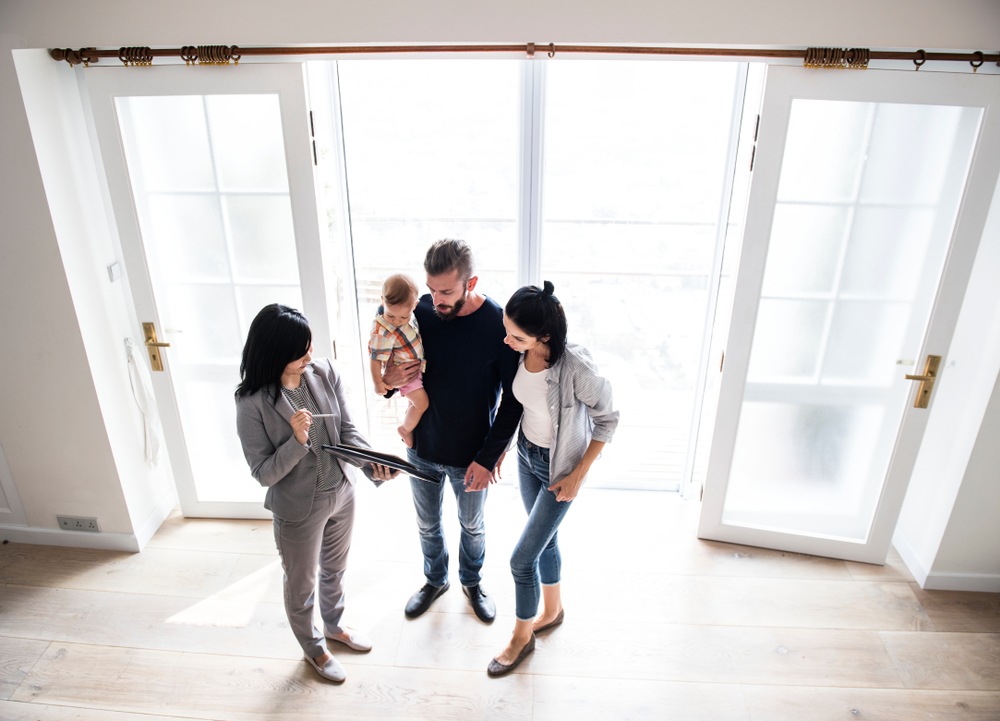
Back in the day, people in Singapore would buy homes to live in for the long haul. Nowadays, it appears that Singaporeans look at potential properties with more than just one intention in mind.
One purpose is the property’s potential resale value.
The idea behind this is that when the property has appreciated in value enough and it’s time for an upgrade, they can make a decent profit.
That means your average property buyer in Singapore is both a homeowner and a potential investor.
We can say the same thing about people looking for investment properties. Although their immediate purpose for buying a property might be to find a suitable tenant, their ultimate goal might be to resell their property somewhere in the future.
What attracts foreigners to Singapore?
Singapore attracts tourists and expats from all over the world for a variety of reasons. These include low crime rates, low political corruption, tax benefits, ease of conducting business, cultural diversity, a comfortable climate, and a world-class education system.
In Singapore, only income is taxed. Things like bank interest, capital gains, dividends, and even overseas earnings are exempt from taxation.
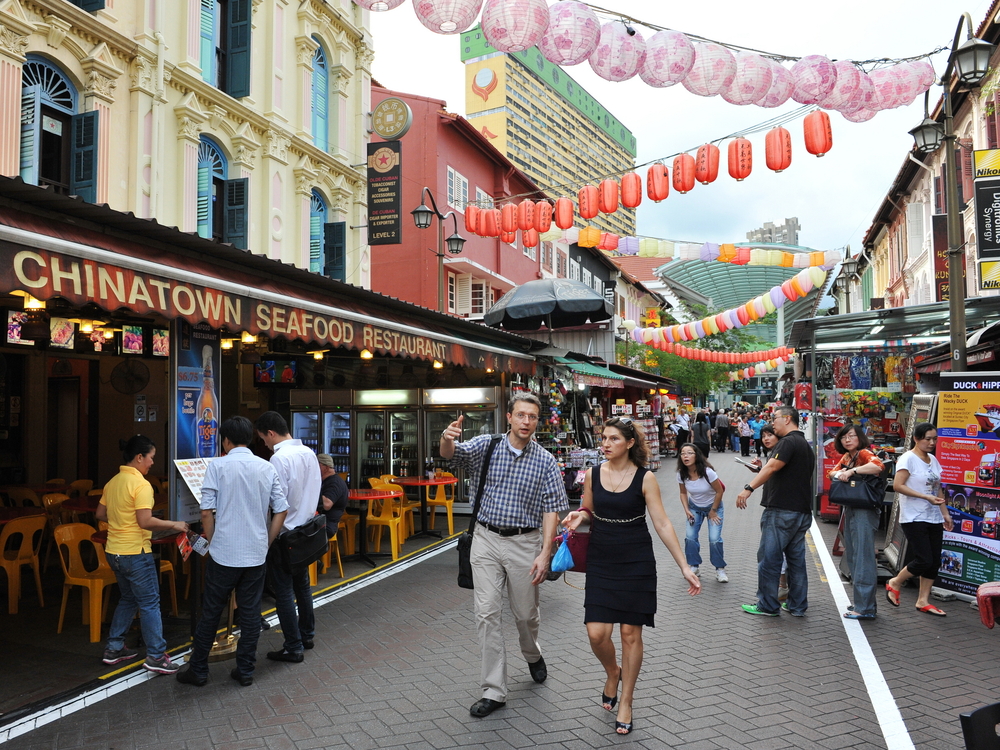
The city-state also happens to have lenient immigration rules. Almost anybody can migrate to Singapore as long as they have all the necessary documents or passes.
Plus, it’s relatively easy for expats to obtain an employment pass in Singapore.
In what ways have foreign investors and multinational companies contributed to the spike in housing prices?
Globalization has really impacted the world of real estate, especially in Singapore. What used to be a mostly local asset has become both global and local.
As the world has become more connected, development opportunities have allowed individuals and companies from all over the world to invest in Singaporean real estate.
This phenomenon – where rich investors and multinational companies buy property in Singapore – has greatly increased the demand for (and driven the prices of) real estate.
This has been occurring all over the world, not just in Singapore. But this situation happens to be more pronounced in Singapore due to the fact that this place is particularly friendly to foreigners and makes conducting business relatively easy.
Will Singapore’s property prices fall?
Housing prices have been steadily rising since the second quarter of 2020, and although the growth rate is slowing down, it’s projected that property prices will continue to increase throughout most of 2022.
About 31,000 HDB homes will be coming off their Minimum Occupation Period (MOP) in 2022, and the impact of HDB upgraders will likely continue to be felt.
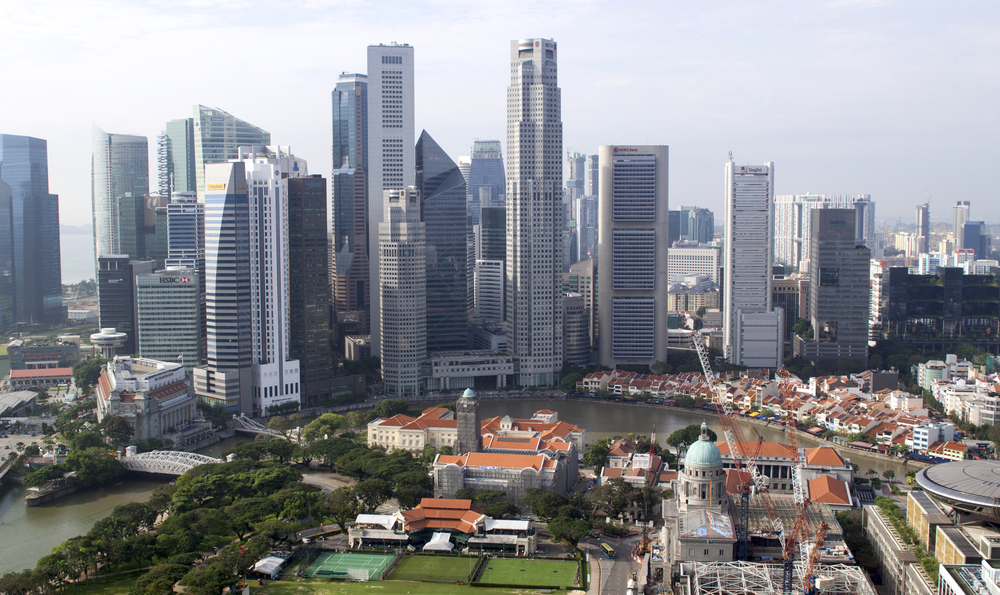
In addition, foreign investors will keep returning to the market if Singapore continues reopening its borders.
It’s difficult to predict what real estate prices will look like in 2023 and beyond, but, with the present trends, it’s pretty safe to assume that prices will continue to rise.
Do a lot of Singaporeans rent instead of buy homes?
Owning property may be more common among older generations, but many younger Singaporeans, including millennials, have opted to rent instead of buying real estate.
There are many reasons for this trend. First, single people are only eligible to buy an HDB home under the Single Singapore Citizens Scheme.
They can also purchase HDB property under the Joint Singles Scheme when they turn 35, but even with these privileges, they have to contend with a slew of restrictions.
One such restriction is only being allowed to apply for cheaper built-to-order (BTO) homes, some of which aren’t very ideal.
Another reason younger Singaporeans are renting rather than buying is that condos are simply too expensive.
Sure, singles below the age of 35 can legally purchase private property, but it’s likely too expensive for them unless they’re top earners.

If they decide to purchase a home, they’ll very likely experience extreme difficulty securing a home loan.
That’s why many of them rent while building their financial foundation.
What major cities have a similar cost of living as Singapore?
Many major cities in Asia, Europe, Australia, and North America have a similar cost of living as Singapore.
These cities include Tokyo (86.36), Hong Kong (79.99), Boston (86.05), Washington, D.C. (85.49), London (81.92), Paris (80.77), and Sydney (84.03).
Hong Kong, out of all of these cities, has the highest real estate prices, and Singapore comes at a close second.
The rent index in Hong Kong also happens to be higher than Singapore’s, with rent indexes of 71.44 and 64.54, respectively.
Globalization has driven up housing prices and the cost of living in all these cities. The influx of foreign investments and international companies buying property has greatly increased the demand for housing and, thus, caused a spike in housing prices.
Is Singapore family-friendly?
Singapore is perfectly suitable for family life. In fact, it’s not uncommon to see families permanently leaving places like Hong Kong and Japan with the sole purpose of moving to and living in Singapore.

One of the biggest draws for families is the greenery and space. Due to its bevy of green spaces and integration of nature into urban areas, Singapore has been given the nickname “Garden City.”
Residents can also enjoy low pollution levels, and many condos are equipped with state-of-the-art facilities and green spaces.
Furthermore, there’s a never-ending list of things for families to do. From swimming at the beach to exploring the jungle to cycling along the park connector routes, residents always have a number of options to choose from for their leisurely activities.

